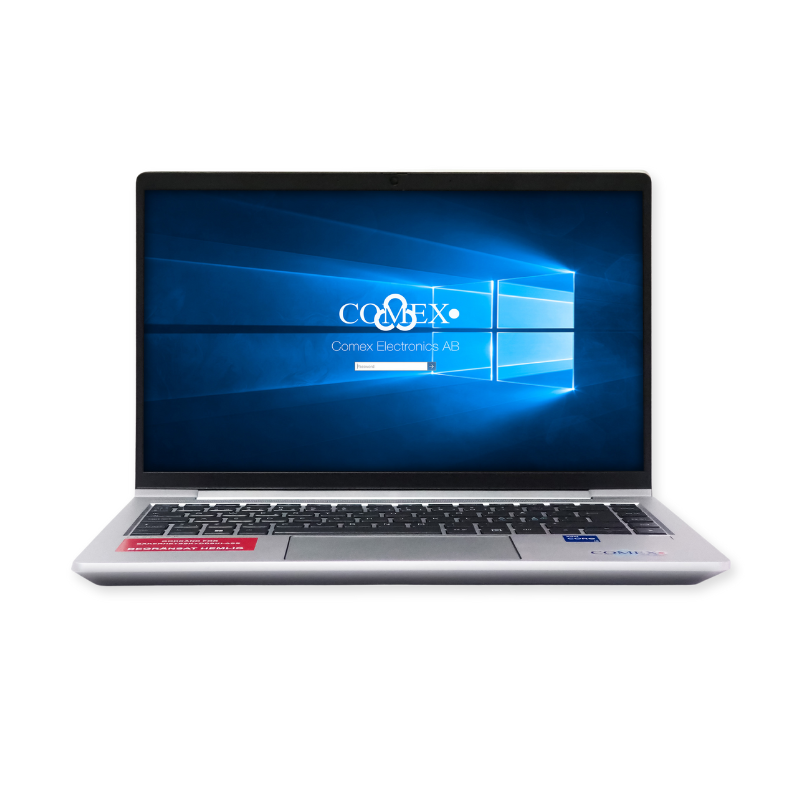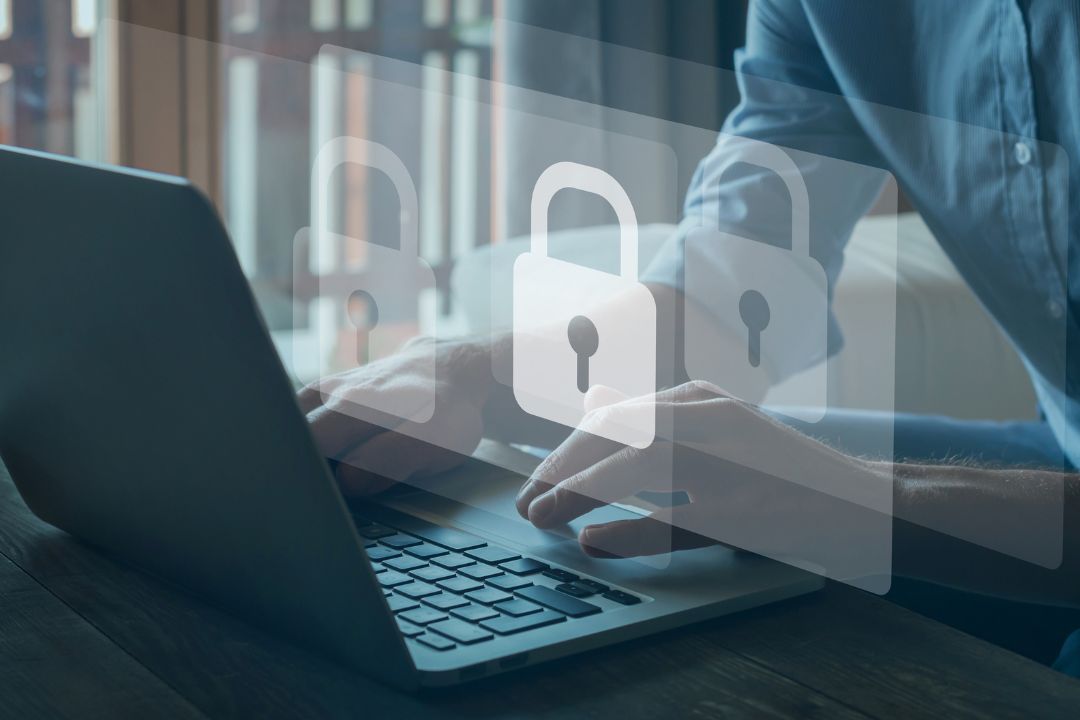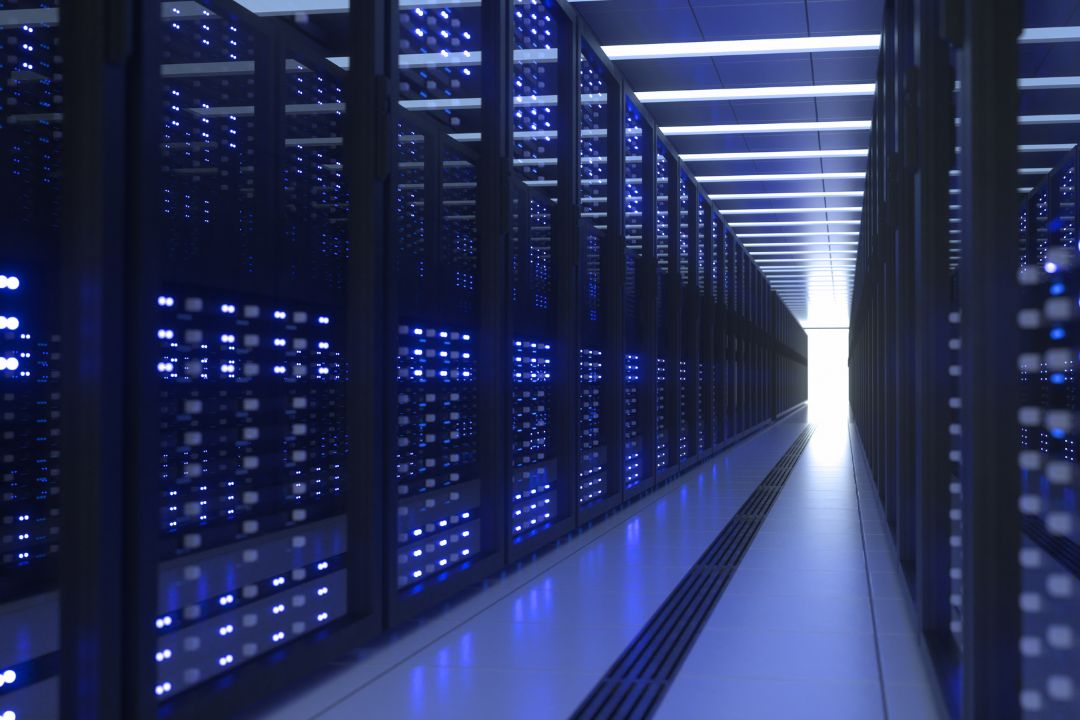STANDALONE COMPUTER: A SECURE WORKSTATION
A stand-alone computer is a system solution without connection to external networks, including the internet. This isolation reduces the attack surface and contributes to a lower threat profile when handling security-classified information. Stand-alone computers are suitable for operations with high security requirements, where information security and system control are crucial. Comex provides stand-alone computers and workstations as part of a system solution where hardware, software, processes and routines together meet the requirements of, for example, the Security Protection Act.

Secure electronic communication (BH)
Secure electronic communication SEK® (BH) is a stand-alone solution that meets the security requirements for information management up to the security level restricted secret. SEK® (BH) includes a set of a stand-alone computer, hardened software and documentation, this together meets the requirements of the Security Protection Act. The comprehensive documentation package is included, which facilitates your work with your internal accreditation of the system.

A standalone workstation
A stand-alone workstation is a system solution without connection to external networks, including the internet, and is used in environments where the highest demands are placed on information security. By eliminating external connections, the attack surface is reduced, which contributes to a lower threat image when handling security-classified information. These workstations are particularly suitable for security-critical operations in, for example, defense, research and industry, where both robust performance and reliable operation are required. Comex provides stand-alone computers and workstations as part of a system solution where hardware, software, processes and routines interact to meet requirements set in, for example, PMFS and KSF. The solutions can be adapted to the security requirements and specific needs of the operation.

What is a disconnected computer?
A disconnected computer – also known as a stand-alone computer – is a fundamental security measure in environments where data protection requirements are particularly high. By not being connected to external networks, the risk of cyberattacks, remote intrusion attempts and the spread of malicious code is reduced. Isolation means that all data is processed and stored locally, which greatly limits the possibility of unauthorized access or accidental transmission of sensitive information.
Disconnected computers are relevant in businesses that are subject to security protection legislation or handle other types of sensitive information. When combined with technical protection measures such as encryption, access control and hardened software, a high level of information security can be maintained even in complex IT environments.

Different types of stand-alone computer
Comex provides two types of stand-alone computers for handling classified information:
-
System for information up to Restricted Secret
Can be delivered as a complete workstation with screen, keyboard, mouse and printer. This variant lacks protection against revealing signals and is intended for environments where protection against signal interception is not required. - System for information up to Secret
Also offered as a complete workstation, but with integrated protection against eavesdropping signals according to RÖS requirements. It is adapted for environments where protection against signal interception is a requirement.
Both systems are delivered with hardened software where the technical protection measures reflect the requirements of the Security Protection Act. All measures are documented and structured in the accompanying documentation, which provides strong support during the accreditation process or consultation.
STANDALONE COMPUTERS
QUESTIONS & ANSWERS
What is a stand-alone computer and when is it used?
A stand-alone computer is a system that is used without connection to external networks or other systems. It is used in environments with high requirements for information security, reliability or special functionality – for example in defense, industry or research. Comex provides stand-alone computers that can be customized to the security requirements and technical needs of the business.
What distinguishes a standalone computer from a regular computer?
A stand-alone computer is intended to be used without connection to external networks, which reduces the attack surface and protects against external threats. Unlike a regular computer, the stand-alone computer is designed to meet special security requirements, for example when handling classified information.
Which organizations need standalone computers?
Standalone computers are primarily used by organizations that handle classified information. This primarily applies to defense, government agencies, and other businesses with high requirements for information security. These systems enable secure operation without connection to external networks, and if protection against signal interception is required, they can also be equipped with RÖS protection.
How do you choose the right standalone computer for your needs?
The choice of a standalone computer should be based on the security requirements of the business, the type of information to be handled and whether any protection against signal interception is required. To achieve the right level of security, it is crucial to choose a supplier that can deliver the entire chain – from hardware and software to processes, routines and documentation. Comex develops and produces all of these parts in-house, which means that we can act as a sole supplier with full responsibility for the security integrity of the solution.
What types of regulations need to be taken into account when it comes to stand-alone systems?
When designing and using stand-alone systems for handling classified information, several regulatory frameworks need to be taken into account. Central to this is the Security Protection Act (2018:585) , which sets requirements for the protection of information relating to Sweden's security. The act includes, among other things, requirements for access control, technical protection measures and risk analysis.
In addition, there are regulations from the Swedish Security Service (PMFS) and the Swedish Armed Forces (KSF) depending on the information classification and the nature of the operation. These regulations regulate, among other things, technical design, protection against revealing signals (RÖS), documentation, incident management and requirements for accreditation and consultation.
To meet the requirements of these regulations, a coordinated solution is required where hardware, software, processes and routines work together. Comex stand-alone systems are developed based on these regulations and are delivered with documentation that can be used as a basis in accreditation processes.
For more information about Comex standalone computers, and how they can be customized to your needs and security requirements, please contact us at sales@comex.se or via the form below. Our experts will help you find the best security solution for your organization.
